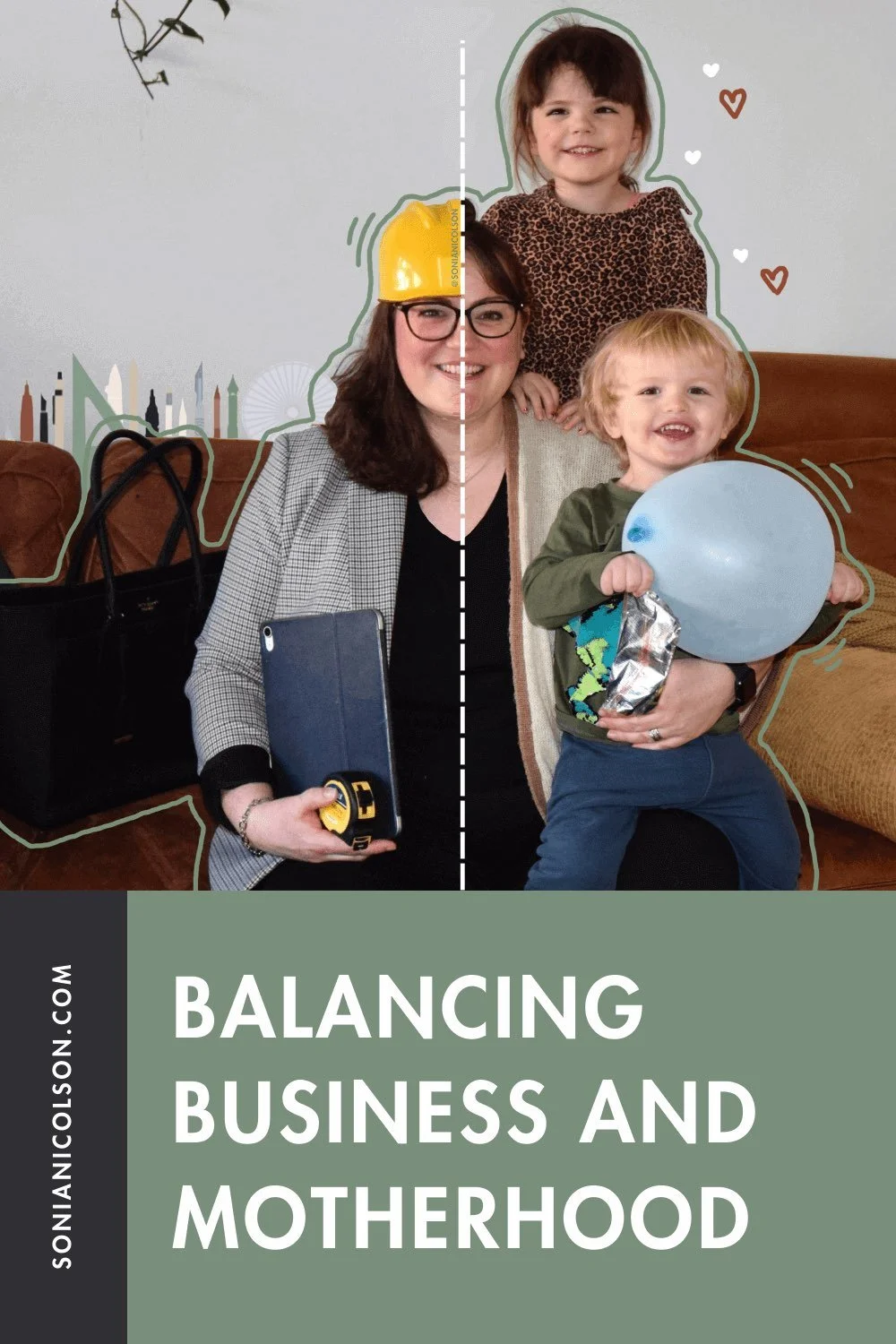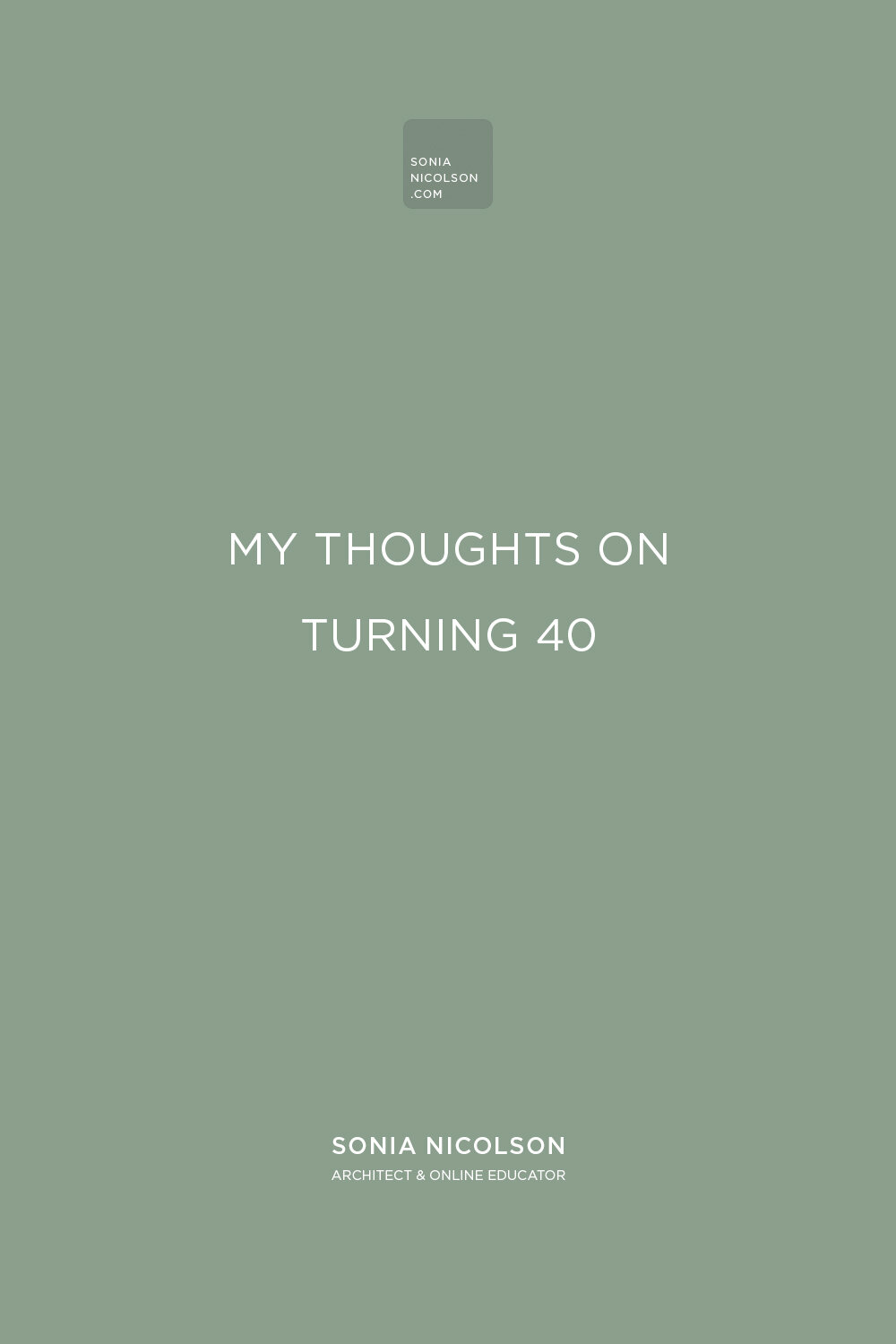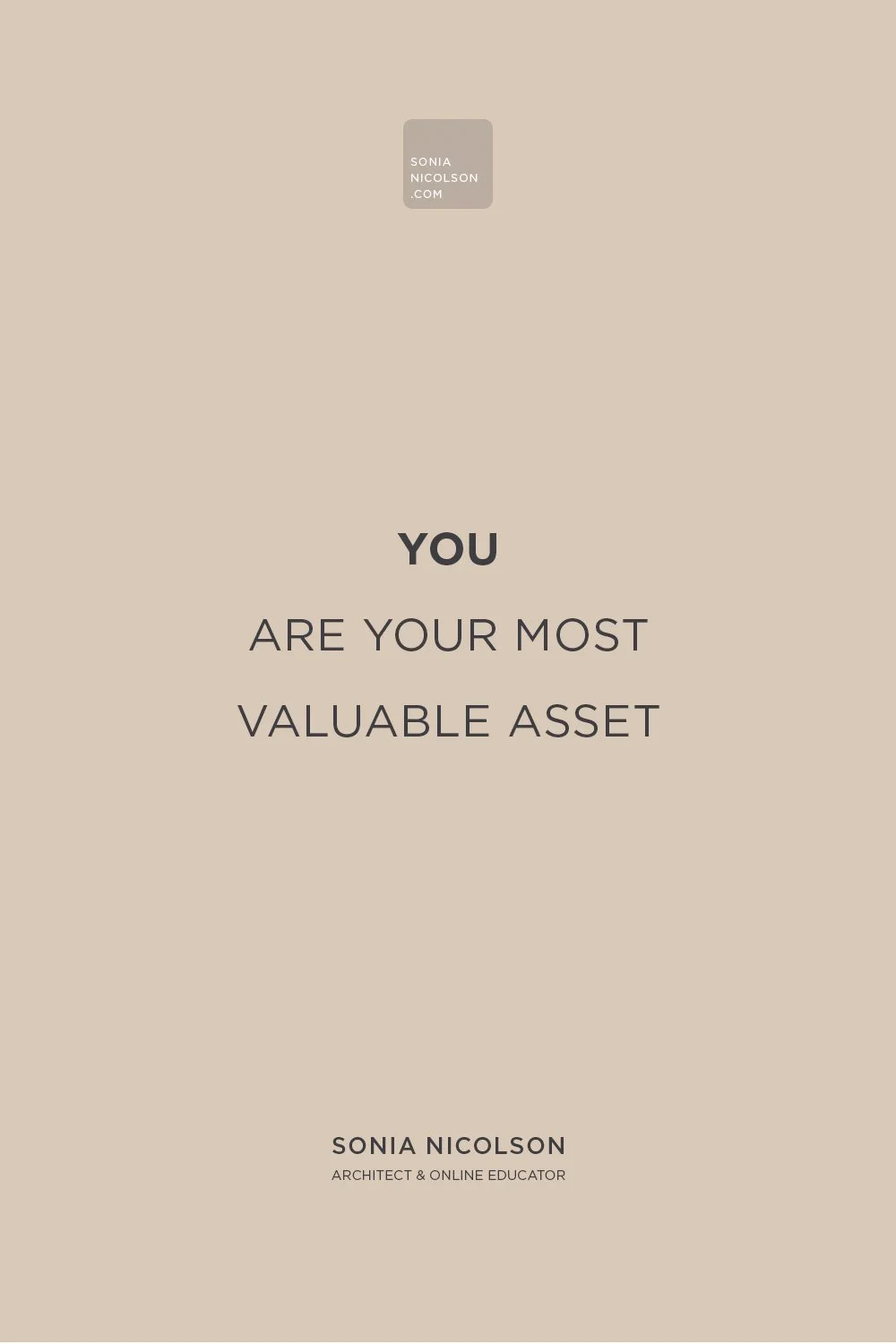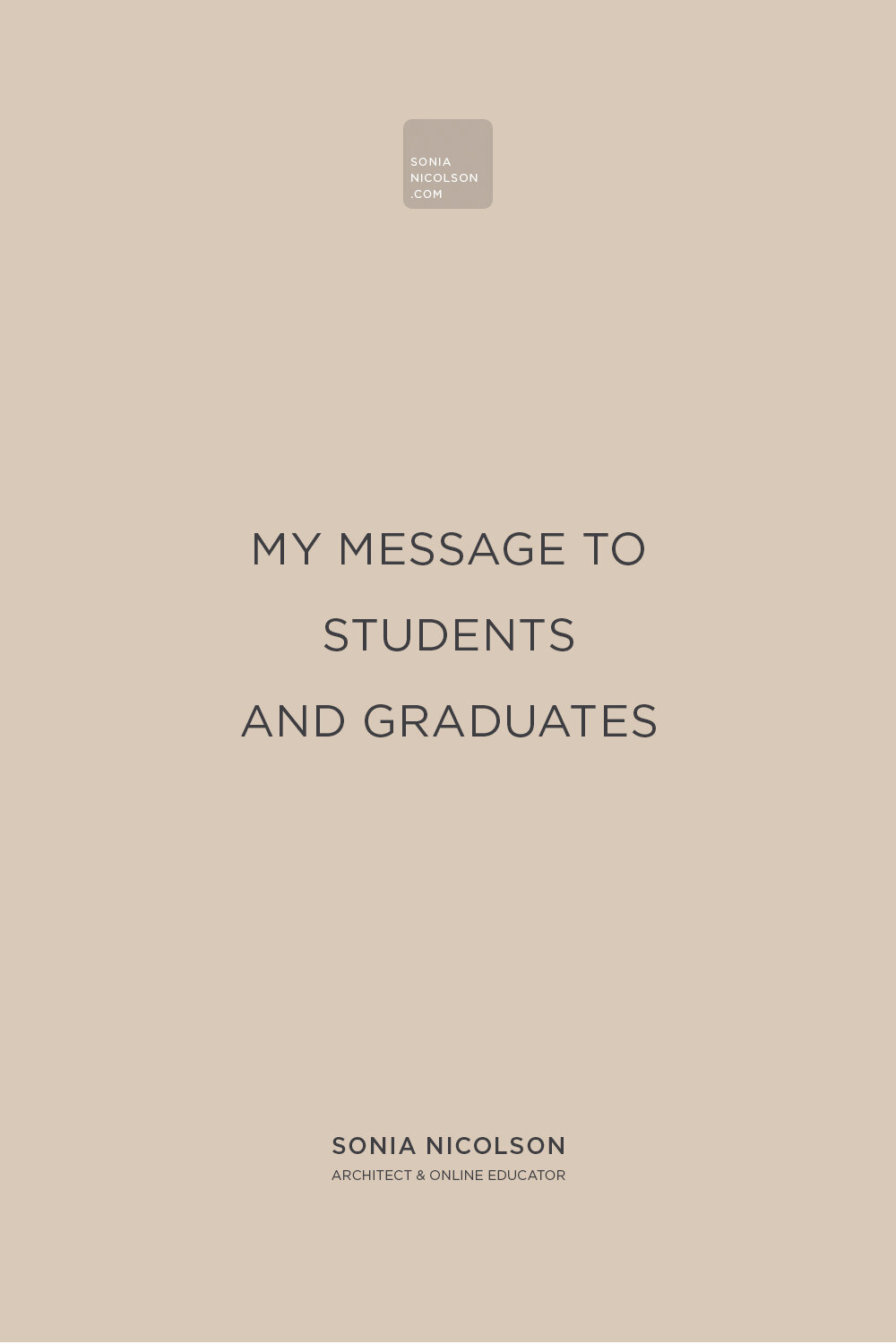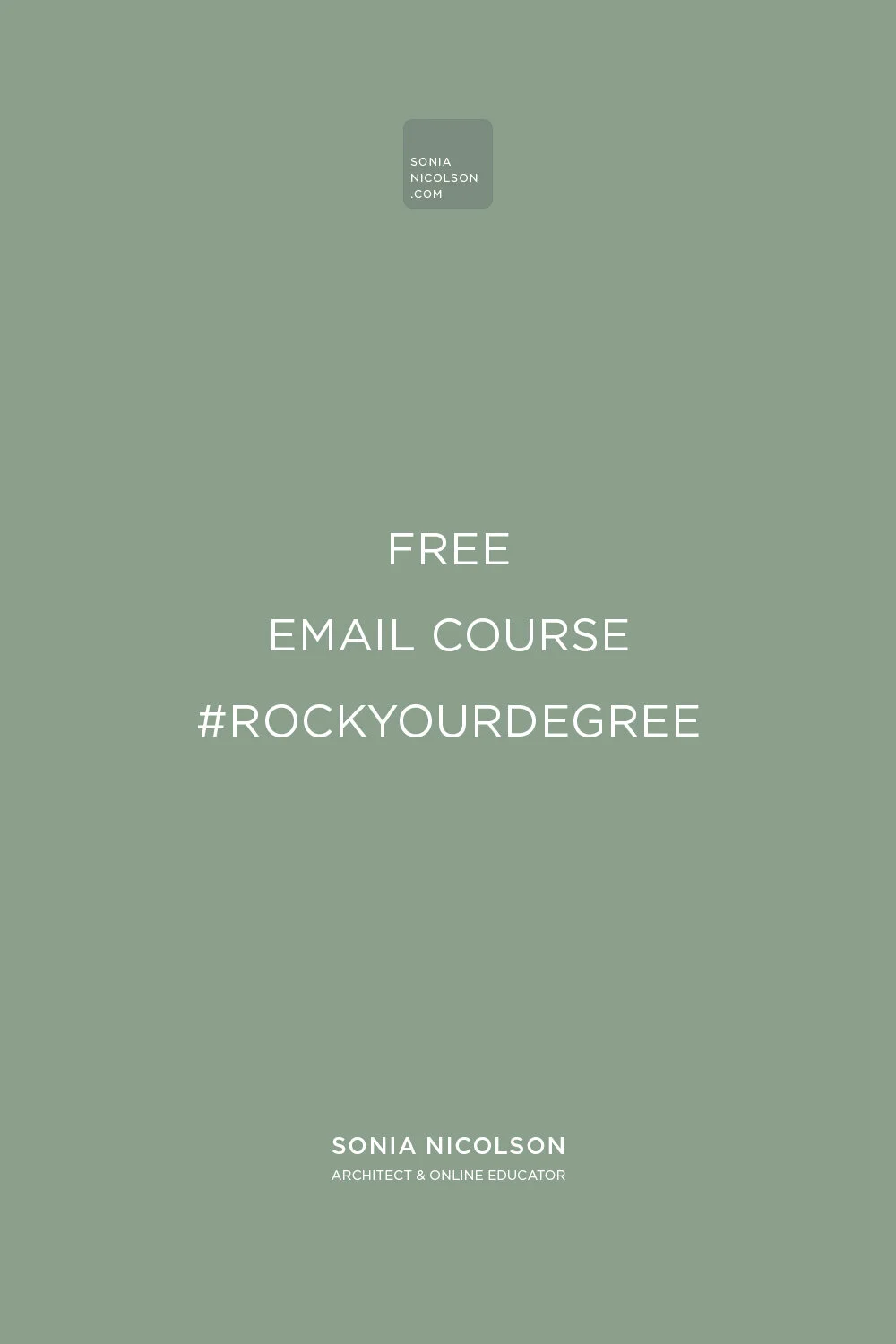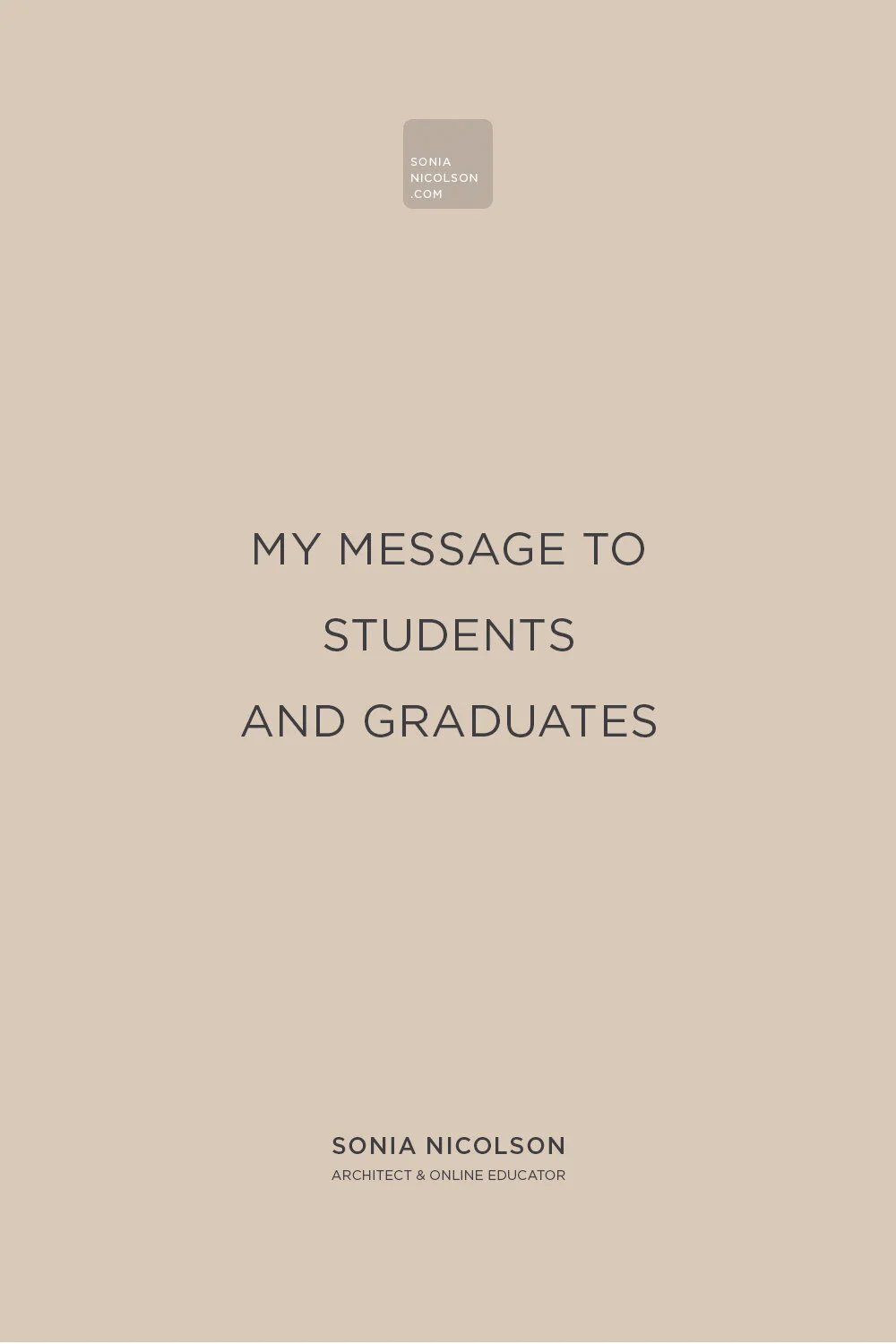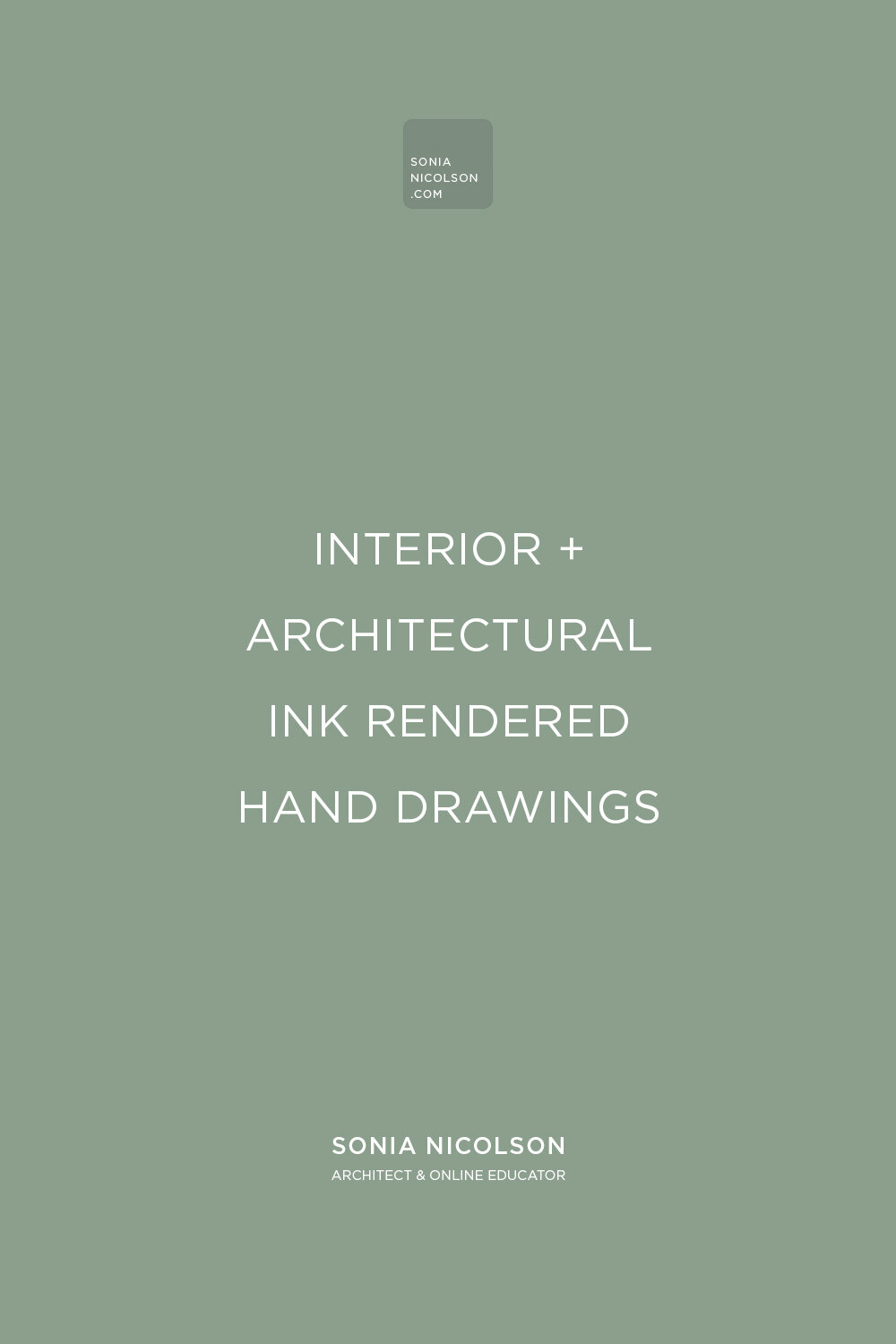How To Prepare For Art College & University Entrance Interview
/Congratulations and well done on being offered an interview for your chosen course at University or Art College (Art School)
You’ve got this, plus, it’s completely normal to feel nervous, so let’s get you as best prepared to rock your interview as possible.
What are Open days?
University open days are a great way to visit a University or College to look around and get a feel for the place.
Making the decision to study at a degree or postgraduate level can be difficult, but deciding on the actual University or College can often be much harder.
Once you have applied, you may be invited for an interview. This is a chance to speak with a member of the course team (teacher) who will go over their course, show you around, ask you about your studies and experience so far and look at your portfolio. This acts as the final stage of your application and is often the deciding factor in your application- no pressure. So let’s make sure you are prepared.
Preparing for your University entrance interview
Let’s stay with the basics, you might already have a prospectus for your chosen school, but if not, sent off for one. This way you can read up on the university, course, and campus and have a better idea of what to expect. It’ll also save you from asking any obvious questions.
1. Look up where you are going, especially if you’re applying to and visiting different schools.
Refresh your mind - look at their website and go through all the facilities the University or College has to offer. Read up on the course and its teaching staff.
2. Get your travel sorted
Make sure you arrive in plenty of time so you are not adding to any stress on the day. If the interview is set to last a day (campus tour, etc) then consider staying overnight and traveling back the following day.
Go through your work, sketchbook, and portfolio, selecting only the best pieces, and think of what to say when explaining your work. And finally, make sure you can carry your portfolio.
3. Just like your first day of school, lay everything out the night before so nerves don’t get the better of you.
Plan your outfit, charge your phone, grab your keys and wallet, and set your portfolio out ready to go.
4. Dress smart, you might not agree that presentation matters but you will feel more confident if you present yourself well.
Looking the part, as in smartly dressed, is important but being yourself is more so.
We (the interviewer) want you to feel comfortable and calm, able to talk about your work and ask the questions you need - but it's important to express yourself too.
5. portfolio preparation
Go through your work and sketchbooks, selecting only the best pieces. Think about what to say when explaining your work. Make sure you can carry your portfolio, it’s not too big or too heavy.
The Art & Design Portfolio
Art and design students tend to spend a lot of time preparing their portfolio of work to show at an interview - of course, the amount and level of work depends on the background of the student:
If you are a school leaver then you will hopefully have had a teacher assisting you
If you are a student on a Foundation course then you will have likely attended workshops on portfolio preparation.
If you have been studying a design subject prior then you are probably well advised and prepared - but this is not everyone who comes for an interview, we know that so start creating your portfolio now.
The portfolio is where you show off your work to date. It’s basically a folder or online link where you showcase what you can do, what you have done, and the direction of interest you have within the arts.
If you don’t have a portfolio yet or are worried it’s not ready for an interview, I teach Portfolio Preparation class on Skillshare you can sign up for here.
Arrive 5-10 mins early
Don’t be late, it’s rude and shows that you aren’t organised.
If something happens outside of your control, call ahead and let the person interviewing you know (know their name for the university switchboard or reception to put your call through or have the office’s phone number to hand).
My advice for the Interviewee
AKA: the applicant (you), nervously clutching your sketchbooks and portfolio, sitting awkwardly in the welcome talk.
Relax.
It’s going to be OK and you are probably really prepared - you’ve done the hard work, now is the time to show it all off.
Use this time to speak to the person who is interviewing you. Ask them about the University or College, its students, the course, staff, the way they teach, and the way they expect you to work and learn. Discuss the projects you will do, and the experience current students are having.
Walk around the campus and check out all the facilities, ask for a tour if there is not one on offer and see if you can meet some of the existing students to ask them the questions you do not want to ask the staff.
Take photos and note to help you remember, and check out the course blog if they have one.
The Interviewer: probably someone from the course team (teacher), the person making the decision and so - the person to show off to - but do not go over the top, be yourself.
WHAT THEY WILL ASK YOU
1. Explain your choice for this course, University/College
Yes, this interview is for the academic interviewing you to determine if you are a good fit for the course but it’s also an opportunity for you to see if the course and university are a good fit for you.
Trust your gut on this, you will get a good feeling if it's the right fit for you.
2. Have a relevant story you’re ready to share
An ice breaker - this is often used to get you to share something personal about the subject and why you’re interested in studying it. Name 2 designers you admire
A classic interview question so be prepared and have your designers at the ready. Know how to pronounce their name, some projects, and their style of work. Usually, this isn’t to judge you but more to get you talking about design and inspiration.
If you are applying for Interior Architect then talk about a building you visit where you liked it, why? How did it make you feel, do you know how to style it is in, what materials are used, etc. It is good to have thought this through beforehand as it will act as an ice breaker and start the conversation moving along.
Good examples can be:
A building you’ve visited
A small project you have completed or are working on
A trip you took
A summer job you had
Someone who works in the industry that you know
3. Name 2 Designersyou admire
A classic interview question so be prepared and have your designers at the ready. Know how to pronounce their name, know of some of their key projects, and be able to discuss their style of work.
This question, if asked, isn’t in here to judge you but more to get you talking about design and inspiration.
If you are applying for Interior Architecture then talk about a building you visit and why you liked it. How did it make you feel, what do you know about its design style, the materials used, etc.
It’s good to have thought this through beforehand as it will act as an ice breaker and start the conversation moving along.
Show your work - the Portfolio
The interviewer will ask to see the work you have brought with you. Take your portfolio, or laptop, and put it on the table. Flick through the work, giving a short explanation of each piece.
Try to show a good mixture of work, and medium and if you have large pieces or models then bring in photographs of the work.
Do not undersell yourself, your work took you a lot of time and effort - do it justice and talk about it with passion and energy.
If this sounds daunting and you would like a little bit more help, we offer portfolio assistance to help you best prepare.
Thank the interviewer for their time
Try to end on a positive note, and show the interviewer that you are ready and eager to join the course. Ask any remaining questions before thanking them for their time.
Asking questions can be helpful for both you and the interviewer. Have at least 2 questions in mind. You don’t need to be overly keen but if you have something worth asking, ask away.
Speak to other students and candidates
The other student interviewing might turn out to be your future classmates, coursemates, roommates, etc so it's worth chatting with them. Ask where else they’re applying, what they thought of this course, and where they’re from. If you get on with them, get their contact details or find them on Facebook, there’s no hard in making the connection. Start networking now.
Ask for a tour of the campus
It’s good to see around the campus, especially the places where you would be studying - it’s even better if this tour is done by current students as you can ask them for real insight.
Find out what they think of the course, tutors, projects, workload, university, accommodation, etc.
Try to take some time on your own to look around the university. Take a walk into town. Get a feel for the area as it might be your home for the next 3+ years.
Reflect
You don’t have to make a pro/con list but have a think about, and compare, this university course to wherever else you interviewed before accepting your place.









